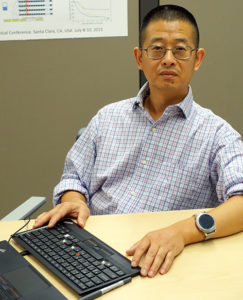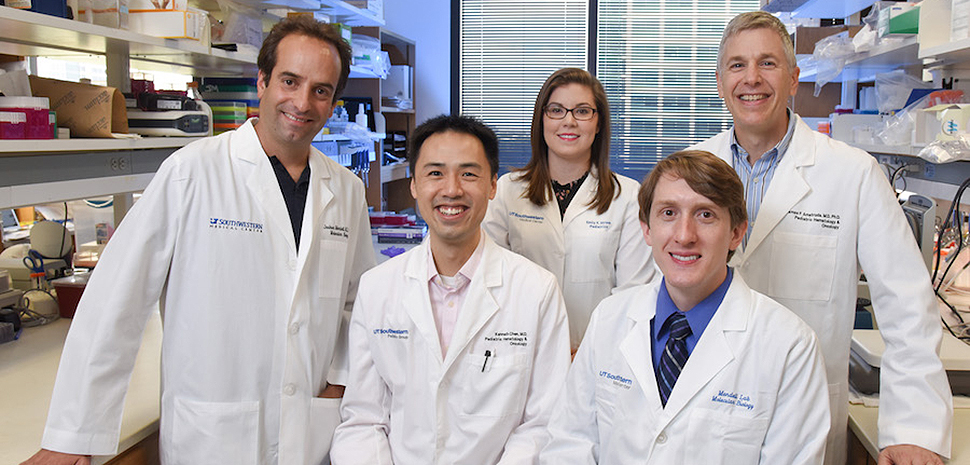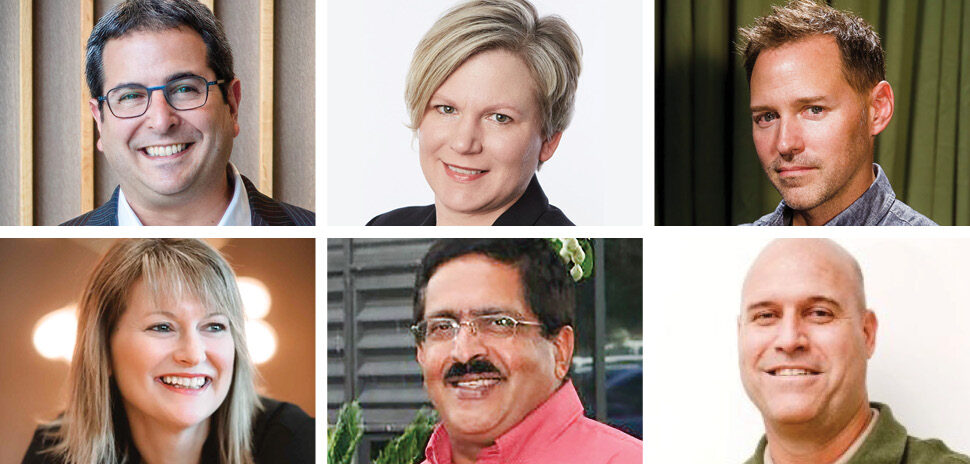CACHE IT IF YOU CAN: RESEARCHER SEEKS TO SPEED ACCESS TO DATA

Song Jiang
![]() A researcher at the University of Texas at Arlington is exploring how to make better use of a computer’s cache by allowing programmers to access it directly in software.
A researcher at the University of Texas at Arlington is exploring how to make better use of a computer’s cache by allowing programmers to access it directly in software.
Song Jiang, an associate professor in the Department of Computer Science and Engineering, is using a three-year, $345,000 grant from the National Science Foundation to fuel the research.
Accessing the computer’s central processing unit, or CPU, for each task slows the computer and negates the gains made by increased memory, according to UTA. The cache typically is a hardware component designed to allow faster access to recently viewed data.
“Efficient use of a software-defined cache allows quick access to data along with large memory. With memory becoming more expansive, we need to involve programmers to make it more efficient. The programmer knows best how to use the cache for a particular application, so they can add efficiency without making the cache a burden,” Jiang said in a release.
You can find out more about Jiang’s research here.
TCU PROF STUDIES EFFECTS OF COCHLEAR IMPLANTS ON LITERACY DEVELOPMENT
An assistant professor at Texas Chrisitan University in Fort Worth is exploring whether the understanding of how sounds make up words is related to vocabulary size in children with cochlear implants.
“We also need to consider how we teach these skills to children who aren’t used to learning through listening.”
Emily Lund
Emily Lund of the Davies School of Communication Sciences and Disorders at TCU received a $282,807 grant from the National Institutes of Health to better understand early literacy development in children with cochlear implants to improve treatments for literacy delays.
Lund, with the help of undergraduate assistants, looked at the differences between children with cochlear implants and those with normal hearing in how well they understood the sonic components of words, reports TCU Magazine.
“The findings could indicate that giving children who were deaf access to sound through a cochlear implant isn’t sufficient to help a child develop literacy skills organically,” Lund said in the story. “We also need to consider how we teach these skills to children who aren’t used to learning through listening.”

Dr. Josh Mendell, Dr. Kenneth Chen, Emily Stroup, Ryan Hunter, and Dr. Jim Amatruda [Photo courtesy of UT Southwestern]
UTSW RESEARCHERS STUDY BETTER WAYS TO TREAT PEDIATRIC KIDNEY CANCER
Researchers at UT Southwestern Medical Center in Dallas have uncovered ways in which pediatric kidney cancer continues to grow, providing potential targets for more effective treatments.
The researchers connected two previously unrelated insights about the formation of the cancer in their breakthrough. UT Southwestern said that Wilms tumor is the most common cancer of the kidney in children, and typically, it is treated with surgery, radiation, and chemotherapy—approaches that can have many side effects.
With a cure still elusive, UT Southwestern researchers have been looking for more effective and less toxic ways to treat Wilms tumor.
The work centers around their discovery of miRNA processing mutations, which opened a “window into this important class of Wilms turmors,” said Dr. James Amatruda, associate professor of pediatrics, molecular biology, and internal medicine.
You can find out more about this important research here.
READ NEXT
Discovery: New Tool Helps Assess Heart Attack Risk, Young TCU Geniuses Busting Myths
![]()































